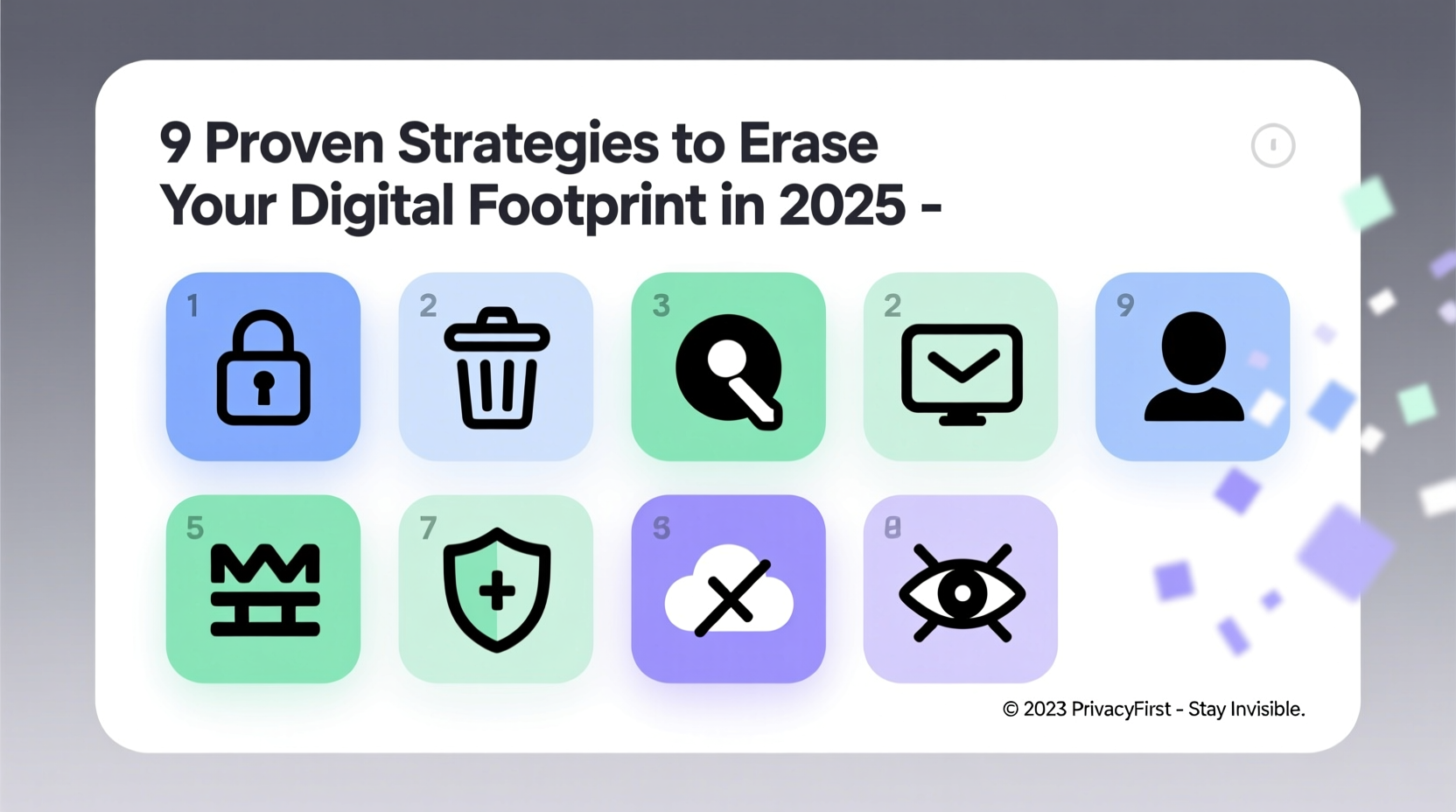The Fine Line Between Physical and Digital Identities
In today's interconnected world, our physical and digital identities intertwine more than ever before. With just a computer or a mobile device connected to the internet, we can immerse ourselves in entertainment, conduct research, purchase goods, study, and engage in various work activities at our convenience. Social media platforms provide a way for friends and family to keep up with each other's lives, while personal websites and email serve as tools for global communication. Despite these benefits, there are complexities and risks associated with maintaining an online presence.
The Dual-Edged Sword of Online Presence
While having an online presence opens doors to numerous opportunities and conveniences, it can also act as a double-edged sword. Employers may delve into your social media profiles to assess your suitability for job positions, potentially judging you based on past online activities. Advertisers routinely invade privacy by scraping publicly available data, using personal profiles and search histories for targeted marketing purposes. Even a single misstep, such as an ill-advised tweet or an inappropriate photo on platforms like Facebook, can have profound implications on career prospects, cementing the belief that once something is available online, it is nearly impossible to retract.
Risks Beyond Personal Mistakes: Abuse and Stalking
Concerns about online safety also encompass more sinister threats, including harassment, stalking, and bullying, which can prompt individuals to want to erase their digital footprints completely. The inability to manage and control what is disseminated about oneself online accentuates the challenges of contemporary digital life.
Steps to Reclaim Your Online Privacy
1. Search Engine Audits
To regain some control over your online data, commence by auditing what information about you is readily accessible. Perform searches using Google as well as alternative engines like Bing to gather a comprehensive understanding of your internet persona. Making note of concerning results is the first step towards tackling and managing your online reputation.
Tips for Enhanced Secure Browsing and Search
To prevent the cataloging of your search activities, consider using browsers like Brave or the search engine DuckDuckGo, both known for their enhanced privacy features. These tools minimize data collection and profiling, making them excellent choices for privacy-conscious users.
2. The Right to Be Forgotten
In certain jurisdictions, such as the European Union, individuals have the right to request the removal of personal data from search engines. These "right to be forgotten" requests compel companies like Google to consider the public interest against individual privacy rights when deciding whether to delist certain information.
3. Monitor Data Breaches
Staying informed about data breaches involving your personal information can be empowering. The "Have I Been Pwned" service, managed by cybersecurity expert Troy Hunt, allows you to check if your data has been compromised in breaches, offering insight into which accounts need urgent password changes or further security measures.
4. Review Google Security Settings
A thorough review of your Google Account settings can significantly enhance your privacy. Utilize Google's Privacy and Security Checkup features to manage what data Google stores, choose auto-delete timelines, and make informed decisions about data sharing and advertising personalization.
5. Hire Services to Restrict Data Access
To keep your personal information out of data brokers' hands, consider using services like DeleteMe, Incogni, and Kanary, which track and remove your details from various databases on your behalf. These paid services can significantly reduce unwanted exposure from public databases and search results.
6. Lock Down or Remove Social Media Accounts
Social media platforms are treasure troves of personal data. Opt to adjust privacy settings or completely remove accounts to protect sensitive information. Facebook, Instagram, Twitter (now X), and TikTok all offer options to download data, manage privacy settings, or delete accounts entirely.
7. Tackle Old Accounts and Content
Reevaluate the necessity of maintaining old online accounts and past blog posts. The arduous process of clearing digital clutter can be beneficial for privacy, while also urging you to be more selective in future digital engagements.
8. Use an Alias for Active Accounts
When possible, employ pseudonyms on active accounts to provide a layer of anonymity. Although this goes against many platforms’ terms of service, maintaining a level of separation between professional and private life can be advantageous.
FAQs
1. Can VPNs Help Protect My Privacy?
Virtual Private Networks (VPNs) offer an additional layer of security by masking your IP address and encrypting online interactions. They are instrumental for protecting data from eavesdroppers, although privacy-concerned users might prefer paid VPN services or the Tor network over free alternatives due to data management concerns.
2. How to Limit Marketers' Reach?
To limit marketing exposure, segregate email accounts based on usage. Employ junk emails for one-off purchases, saving your primary addresses from promotional onslaughts. This small adjustment can significantly reduce spam and maintain a cleaner inbox.
3. Removing Embarrassing Content?
Embarrassing or inappropriate content can sometimes be removed by contacting the webmaster directly. In cases involving explicit content or revenge porn, rapid action is crucial, potentially involving legal avenues to facilitate removal.
4. When Things Have Gone Too Far
If online identity issues become overwhelming, a comprehensive reset, including deletion of email and social media accounts, could be considered. This drastic measure should be a carefully considered decision, ensuring that important data is securely backed up.
Conclusion
In an era where digital engagement is nearly universal, maintaining a cautious approach to what we share online is crucial. While we can never achieve perfect privacy, strategic steps can help us reclaim control over our digital footprints, protecting both our physical and digital lives from unwanted intrusion.











 浙公网安备
33010002000092号
浙公网安备
33010002000092号 浙B2-20120091-4
浙B2-20120091-4